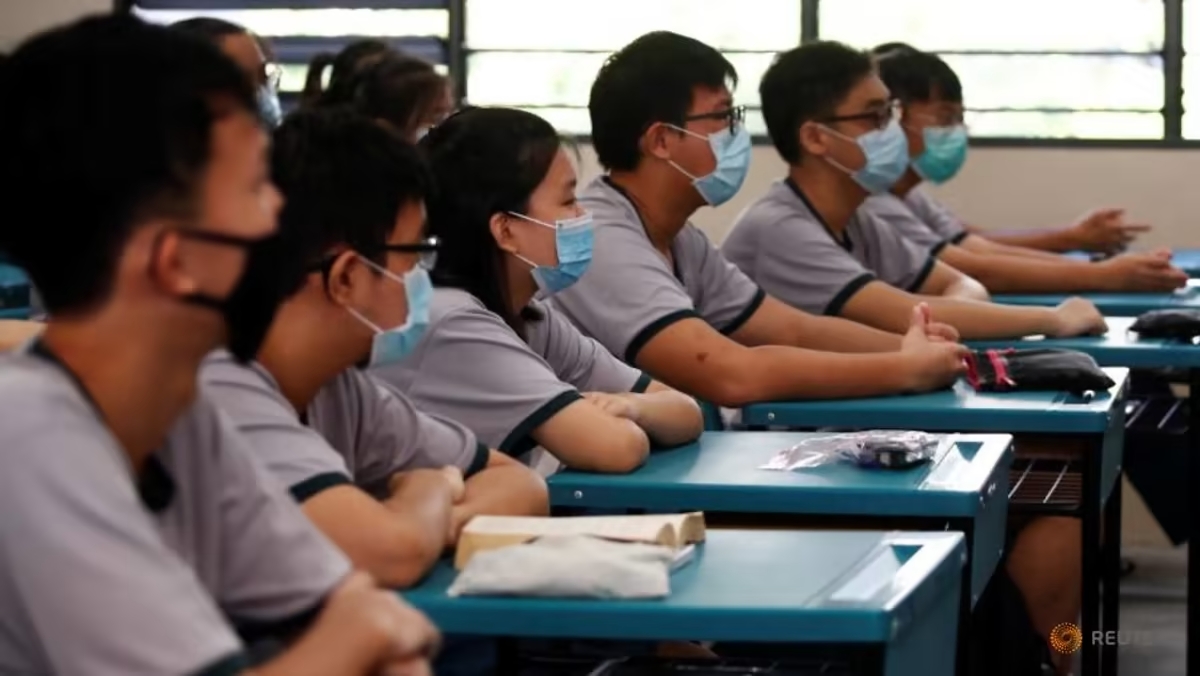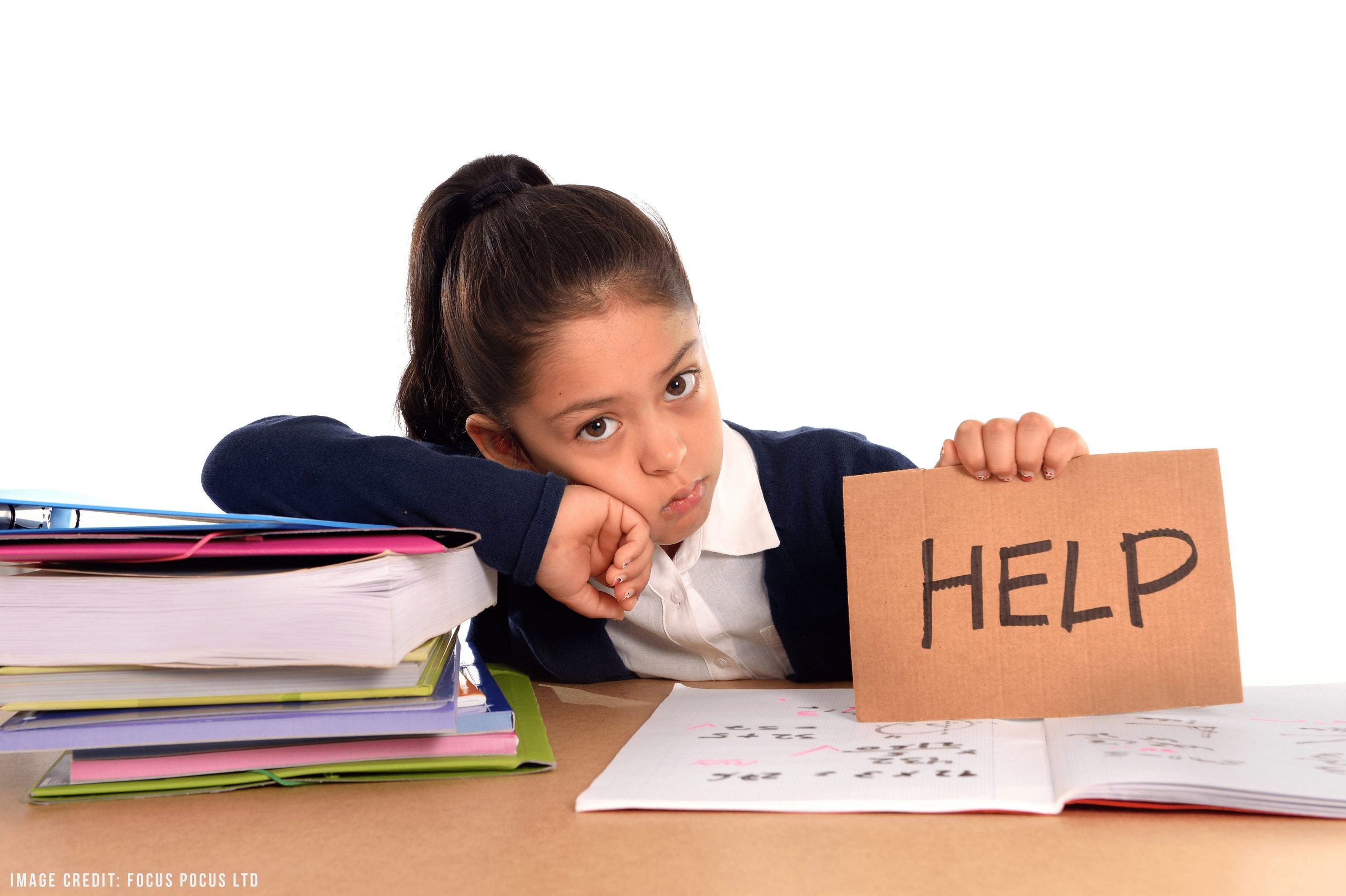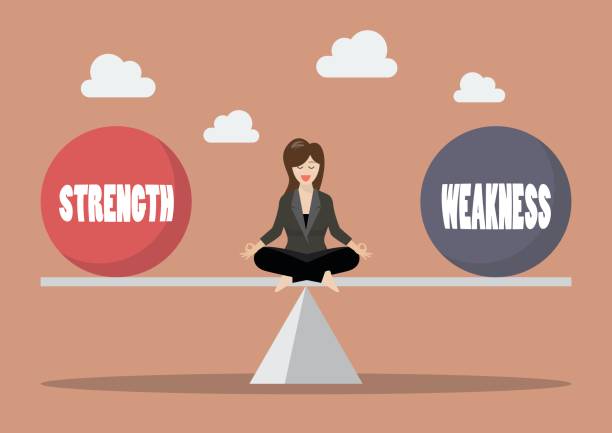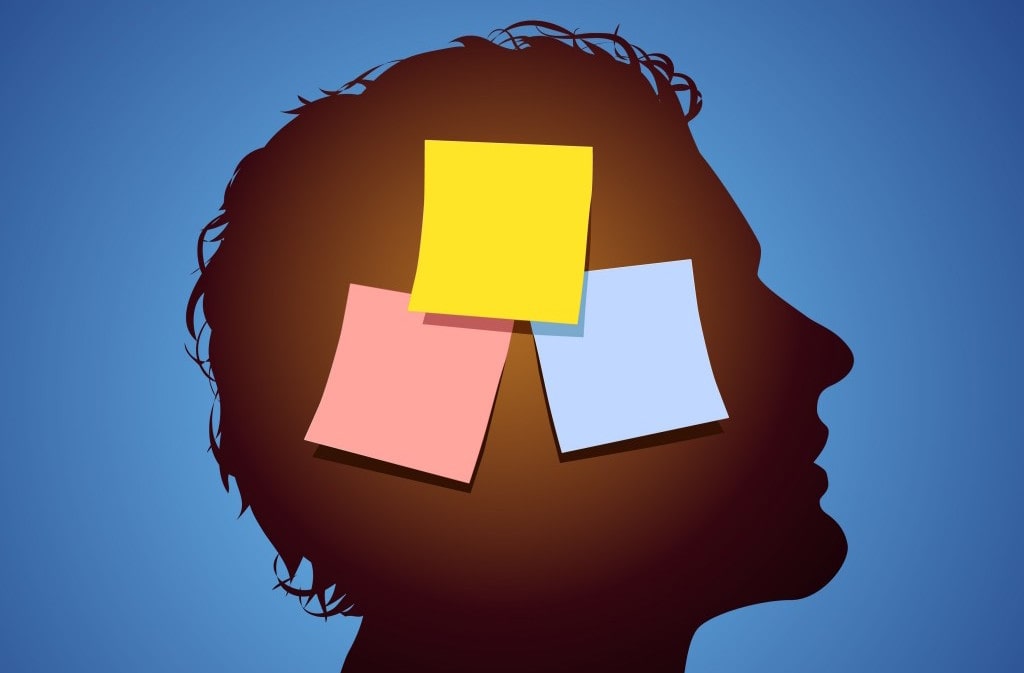Free advice is something that a lot of us love giving each other. We tell ourselves that we know better and give suggestions to others, and others would do the same for us in return. However, how far are this advice even accurate? A lot of us do not have a complete understanding about study techniques and students often do not know how to assess their own learning capabilities.

Private tutors and teachers in school are the experts who know how learning has to be done effectively in order to retain information and recall them when needed. Anyone outside of this field and expertise would not be able to give an accurate piece of advice as this comes through years of observation and experience.
Here are some of the worst study advice that students fall for in Secondary school!
The Pancake Theory
There is often this saying and understanding that studying in school these days (this is particularly the case for medical students) is like eating one pancake each day. When we let the pancakes accumulate, it won’t be possible to gobble them all down on one fine day.

There is a general understanding that the same goes for studies. Students are often told that one needs to be able to cover everything each and every day; even at an unhealthy learning speed which may not allow information to be internalised. Most students are so obsessed with checking tasks off their list instead of thinking about whether they know the concepts well or not.
The pancake theory may be true to a certain extent, but one needs to learn how to respect their own learning speed. We all absorb information at different rates, and we need to adhere to that in order to learn effectively.
Taking Anecdotes Seriously
Everyone has their own unique set of experiences. It’s good to ask for opinions and request for others to share their experiences in order to have a heads up. However, one should never take this too seriously and overthink. Since we all differ in our ways of thinking, and differ in our strengths and weaknesses, we can be sure that the experience one has had will not be the same for us.

A task which may seem like a huge challenge for another person may not seem to be a big deal for you, and vice versa. Personal anecdotes are limited to the thoughts, feelings, experiences and knowledge of an individual; it’s limited to no one but himself. Hence, keep an open mind about everything, listen to what others have to say, but never take it in and overthink your decisions.
Memorisation
Memorisation is such a painful task for most students; especially in Singapore. Our education system trains us to understand concepts, and apply them to solve problems. Students’ minds are wired to critical thinking that memorisation is not the strongest of areas. This is probably why there is a struggle for students to absorb paragraphs and key words in tertiary education where it is necessary to do so.

When someone tells you not to memorise, keep in mind that it is a skill and that it is needed. Building a strong memory and training yourself to use that knowledge to derive solutions in appropriate circumstances is absolutely essential!
